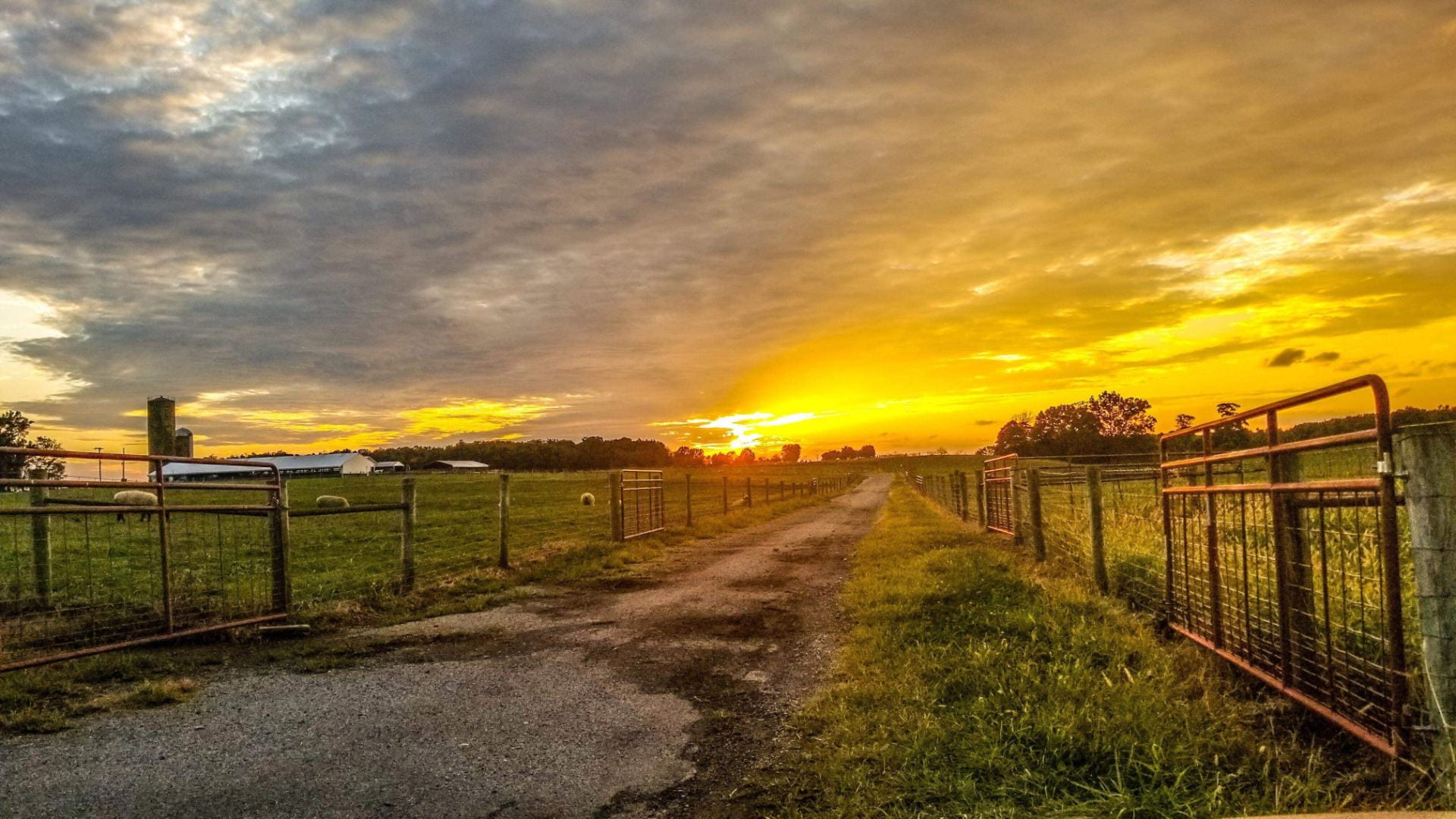Sierra Day, Field Editor, Farm Progress
(Previously published online with FarmProgress: November 15, 2021)
Purchasing  livestock mortality insurance could save high-risk genetic investments from an unexpected situation.
livestock mortality insurance could save high-risk genetic investments from an unexpected situation.
You save up to invest in another animal to add to your herd or flock. Or maybe, you just purchased a show animal that will travel across the country. This genetic investment could provide opportunity for your operation, but do you have livestock mortality insurance in case something goes wrong?
“Full-risk livestock mortality insurance is like life insurance for an individual animal,” says Ryan Thurston, livestock insurance agent at Heltebridle Bounds near Taneytown, Md. “A policy will protect that investment, even if it’s just as short term as one year.”
Producers may choose to cover livestock with a mortality policy just to protect the purchase generally or to get animals to a certain endpoint, he says. For show livestock, this may be until the end of a travel-extensive show career. For breeding females, this could be until the birth of live offspring. And for breeding males, this may be until he has a male offspring, or until semen has been collected.
Thurston adds that a mortality policy can cover cattle, hogs, sheep, goats, horses, and even exotic animals such as llamas and camels.
Here are details of a livestock mortality policy:
Cost
The cost of a policy will depend on the value of the animal, which is typically determined by the purchase price. For sheep, goats, and hogs, the cost is typically 12% – 15% of the animal’s value, while cattle insurance cost is usually 5.8% of the value.
Coverage
A mortality policy will cover every incident that causes death to the animal unless specifically excluded. Some exclusions to the coverage include neglect, drugs not under a veterinarian’s direction, surgery unnecessary for the animal’s survival, terrorism, and government mandates such as sheep being euthanized because of a [disease] outbreak.
Duration
Policies are good for a one-year term and can be renewed at the time of expiration.
Getting started
Contact a livestock insurance agent to receive a policy application similar to one you would complete for any other type of insurance. Once your application is completed, your agent will help you set up a mortality policy.
Not sure if mortality insurance is necessary for each of your animals?
Thurston recommends at least putting your livestock on your farm policy. This option only covers incidents such as fire, lightning and barn collapse, but it’s better than nothing.
Life happens. Sometimes the barn catches on fire or the cow dies during calving difficulties. So, control what you can and protect your investments before you can’t.
